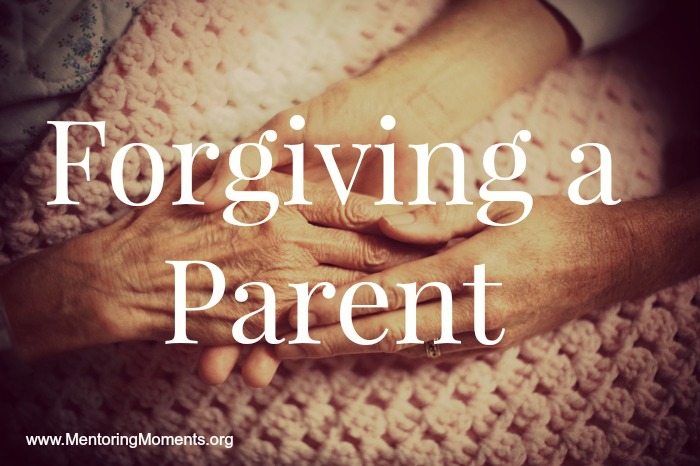* Affiliate links included.
“Everyone thinks forgiving is a wonderful idea until they have something to forgive.” C. S. Lewis
Sometimes I have a flood of memories connected with my Irish heritage, such as my grandmother singing lullabies with a lilting Irish accent copied from her parents who emigrated from Dublin. A song I asked for over and over, with its accompanying almost-drop-the-baby gestures, was fun but not particularly soothing:
“I went to the animal fair. The birds and bees were there.
The big baboon by the light of the moon, he combed the elephant’s hair.
The monkey he got drunk, fell off the elephant’s trunk.
And what became of the monk, the monk, the monk?”
Little did I know what “got drunk” meant then or how much I would come to know about drunkenness in my childhood home. As author Rodney Clapp wrote, “Every night we lock ourselves behind doors with the people most likely to hurt us.”
Even after growing up, the memories came back in flashes or nightmares: Crying in my bed to the sounds of shouting and slammed doors during nights of hard drinking. Tiptoeing around parents with hangover headaches. And somehow almost preferring the shouting to the brooding melancholy of days of enforced sobriety.
Maybe it’s no wonder that by the time I was an adult I’d reached two conclusions: I swore that I would not go down the same path my parents had (with any drug of choice), and I had some deep wounds that needed healing. I found the way to that healing in Christianity when I was 23. My newfound faith gave me a peace that passes understanding, but it also compelled me to forgive those who had kept my life in turmoil. I needed to forgive my parents because Christ had forgiven me. As Paul wrote, “Be kind and compassionate to one another, forgiving each other, just as in Christ God has forgiven you” (Ephesians 4:32). I discovered that the saying is true: when you forgive, you set the prisoner free. And then you discover that the prisoner was you.
Psychologist Dr. Henry Cloud wrote, “I have never seen anyone truly thrive who had not forgiven their parents, even for awful things. This is a call to very hard, but very vital, work of the soul.” Unfortunately, many refuse to do that work. I’ve talked to people with parents who put them through a childhood similar to mine (or much worse) who haven’t accepted the release available in Christianity. Some have spent years in psychiatric therapy and admit they still “can’t forgive” their parents. A few have chosen to blame their dysfunctional childhood for every adult problem in their lives.
Leslie Leyland Fields and Dr. Jill Hubbard wrote a great resource for people struggling to put behind them the pain of their childhood, Forgiving Our Fathers and Mothers: Finding Freedom from Hurt and Hate
Maybe you’re asking: Why should I forgive parents or a parent who abused me, neglected me, or denied me love or approval?
You forgive, not because they deserve it, for often they don’t. You forgive, not because they ask for it, because often they won’t. (My mother on her deathbed did ask, and I could assure her I had already forgiven her.). You forgive because Jesus paid for their sins and offers them forgiveness, whether they avail themselves of it or not. You forgive because Jesus told us to forgive those who despitefully use us, even when they are members of our own family. And you forgive because Jesus—who forgave His enemies while they were crucifying Him—has forgiven you.
Sometimes it’s not a one and done proposition. Feelings can come back; pain can resurface. It’s then you take it back again to the only One who would have the right to withhold forgiveness. The One who doesn’t.
About Vicki Huffman
National award-winning journalist Vicki Huffman's latest book is Soon to Come: The Revelation of Jesus Christ. It is a verse by verse exposition of the only purely prophetical book in the New Testament. Her other five books are: The Jesus Moses Knew: How to See Christ in the Old Testament; A Secret Hope (novel); Still Looking: Finding the Peace of God in Job Loss; Plus Living: Looking for Joy in All the Right Places, and The Best of Times. All are available in print and e-book on amazon.com. Vicki is a national award-winning author who has taught the Bible for many years. She was an editor for several Christian publishing houses, including Thomas Nelson and David C. Cook Ministries.
- Web |
- More Posts(120)

